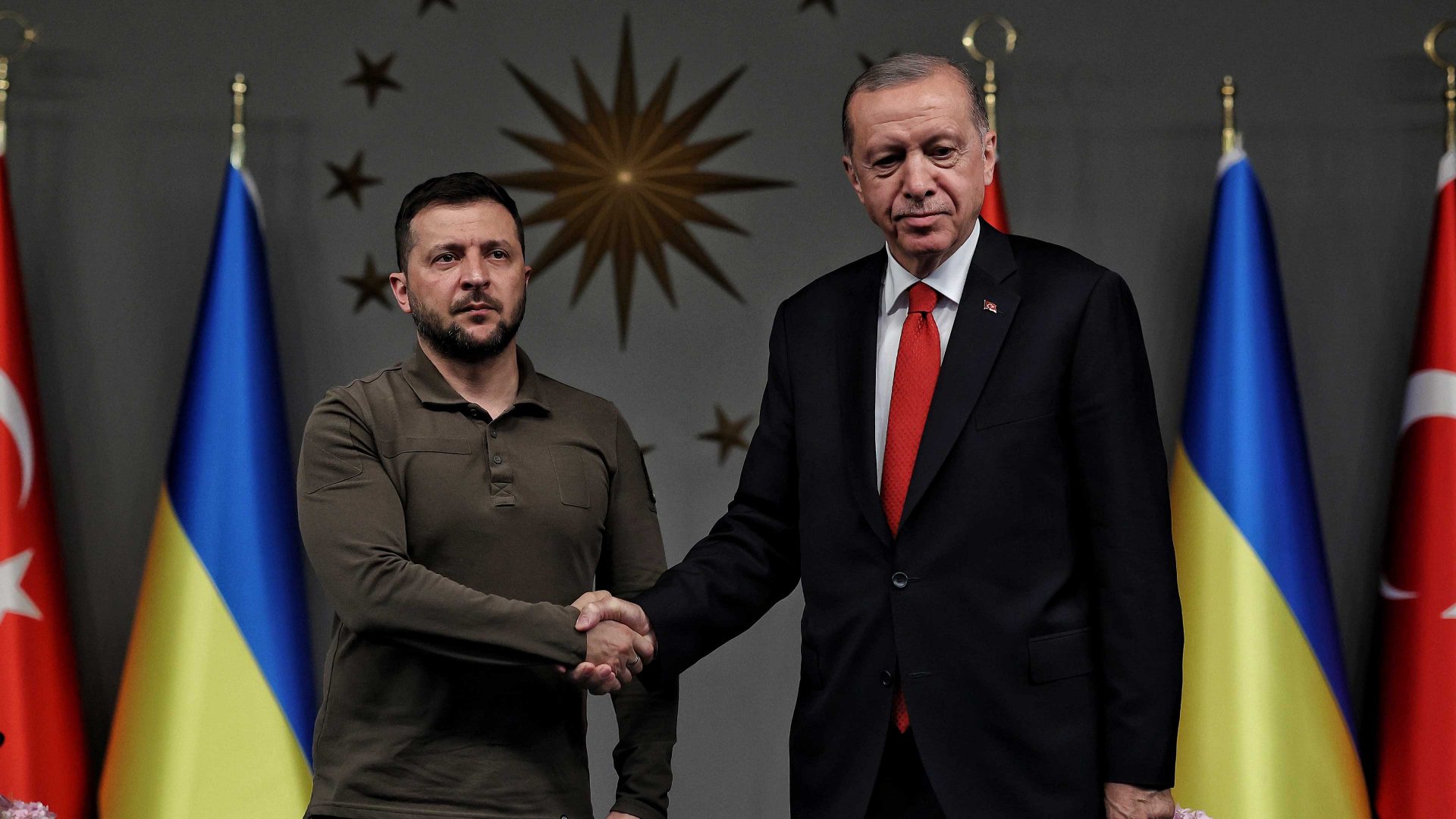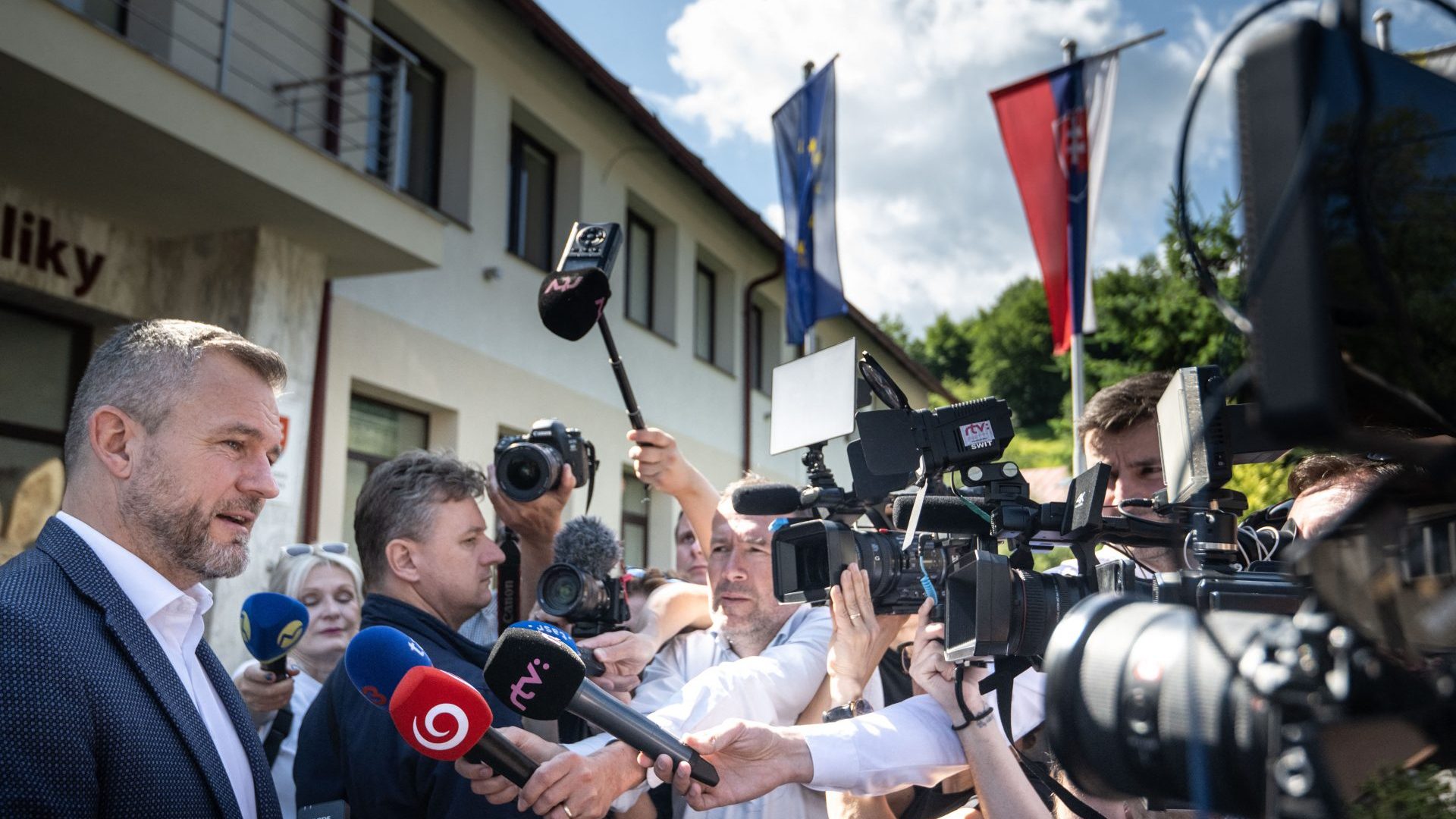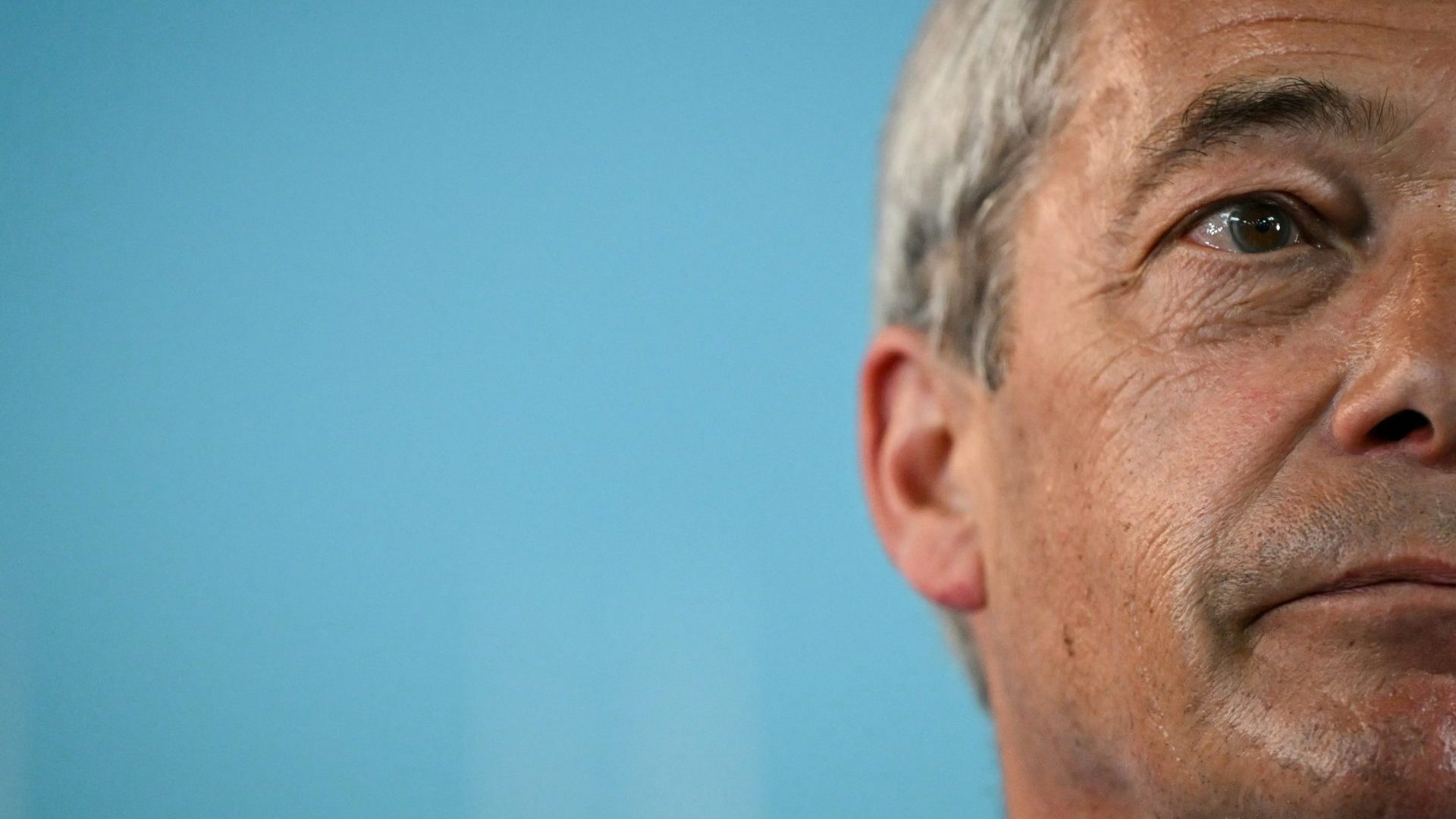“Geography is our destiny” is a popular saying in Turkey. It’s often used to describe our challenging geopolitical position. With Ukraine to the north and Israel to the south, Turkey finds itself in the middle of two conflicts.
Since Russia’s invasion of Ukraine in 2022, Turkey has been attempting a balancing act. Despite the president, Recep Tayyip Erdoğan, repeatedly calling Crimea and other occupied territories “Ukrainian”, Turkey did not impose sanctions on Russia, unlike many of its Nato allies. Turkey argues for keeping diplomatic channels to Moscow open and energy, trade, and tourism from Russia are vital for a nation facing tough economic challenges.
Nevertheless, Turkey has been providing weapons to Ukraine. The Bayraktar TB2 drones have been highly valuable for Ukraine, to the extent that Ukrainian soldier and artist Taras Borovok celebrated them in a patriotic song. The company producing the Bayraktar drones is even building a factory near Kyiv.
Surveys show that the majority of Turks blame Russia for the war, but also believe Turkey should maintain its neutrality and serve as a mediator.
Alarm at the idea of being dragged into a conflict stem from the disastrous outcome of Erdoğan’s “Syria adventure”. At the same time, people in Turkey are overwhelmingly pro-Ukraine. The secularist opposition generally aligns with the west and Nato in condemning Russia’s actions. The CHP, the old Republican party that is Turkey’s main opposition, has called for increased support for Ukraine and has criticised the government for relying too heavily on Russia.
Turkish nationalists also support Ukraine, as the Crimean Tatars are a Turkic ethnic group with historical, linguistic, and cultural ties to Turkey. The majority of Crimean Tatars have consistently opposed Russian occupation and want Crimea back under Ukrainian control.
Turkey has a deep repository of historical animosity towards Russia. The Ottoman empire fought 12 wars against its huge neighbour to the east. Additionally, millions of people in Turkey have Caucasian ancestry, including Circassians, Chechens, and Abkhazians, whose ancestors all experienced rough treatment at the hands of the Russians.
But there is also a small segment of the Turkish population that’s sympathetic towards Russia, often influenced by anti-US and anti-Nato sentiment. Supporters of the idea of “Eurasianism” want closer ties with Russia and China. Despite claiming to be staunchly anti-imperialist, the leader of the VP (Patriotic Party) stated: “Russia is bringing peace to the Black Sea”, with the party’s newspaper even congratulating Russia on the annexation of four Ukrainian oblasts.
In addition to hosting thousands of Ukrainian refugees, Turkey has also seen an influx of migrants from Russia, including young men dodging compulsory military service, dissidents, and Russian companies relocating their offices and employees to Turkey to evade sanctions.
Many Russians escaping the war settle in visa-free countries such as Georgia, Kazakhstan, Turkey, Serbia, and Armenia, engaging in “visa runs” until their visa-free stay expires. Interestingly, a Russian man in his 20s I spoke to in Istanbul said that his friendship group included both Russians and Ukrainians.
Relations between Russia and Turkey are a delicate balance of rivalry, especially on topics such as Syria, and Libya, where Turkey and Russia support opposing sides.
Turkey and Russia had a major diplomatic crisis in 2015 after Turkey shot down a Russian fighter jet in Syria. It showed that direct confrontation is very risky.
For Russia, Turkey is important both diplomatically and economically. In such an isolated position, being able to communicate with a Nato member state is very important. Additionally, Moscow has been using trade through Turkey to bypass sanctions. With this loophole, Russian oil is being sent to the EU through the Turkish ports of Ceyhan, Marmara Ereğlisi, and Mersin.
In the end, geography may indeed be destiny. How Turkey manages its destiny will determine its future path on the international stage.
Celal Budak is a freelance writer living in Istanbul



